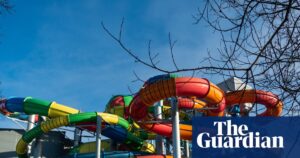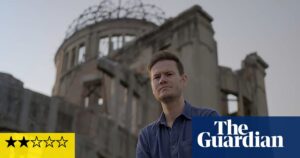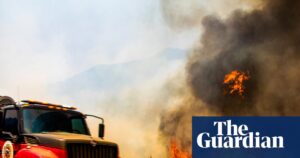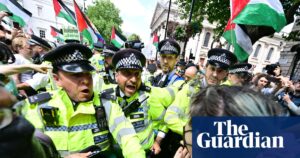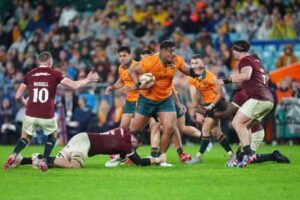
Dozens of people suspected of throwing bricks and attacking members of the public during last summer’s riots are still wanted by police forces across England.
The police have launched a webpage with images of 40 people they are seeking in relation to rioting provoked by the far right after the Southport murders.
Pockets of disorder broke out outside hotels housing asylum seekers and mosques across England and Northern Ireland when false rumours spread online that the killer of three young girls in the Merseyside town was a foreign-born Muslim.
Far-right influencers urged their followers on to the streets, where rioters set alight buildings, destroyed property and attacked members of the public and the police.
The unrest led to 1,876 people being arrested, with 1,110 charged so far, the National Police Chiefs’ Council said.
However, a further 40 people are still sought by five forces – Merseyside, Greater Manchester, Cleveland, Northumbria and Avon and Somerset – with police calling on the public to help them identify the people in the pictures.
Assistant chief constable Ian Drummond-Smith, who led the national investigation in response to the riots, told the PA Media news agency: “We have a duty to facilitate protest … but what we saw last year, and in a few isolated cases this year, is where it’s gone to criminality and to serious disorder.
“In those cases what I think we can learn from last year is that justice will be swift, and I hope that that would be a deterrent to anyone thinking about engaging in serious disorder this year.
“We’ve made effective use of CCTV [and] bodyworn video, and we’ve been able to bring a lot of people in front of the courts.”
Drummond-Smith also said officers were working “very hard” to contain “small pockets” of disorder this year.
“I think they’ve been isolated because of a swift police response to them, and I think that’s the key thing,” he said. “If we can respond to serious disorder swiftly, I think we can contain that and prevent it from spreading across the country, so that’s what we’re working very hard on.”
He added: “We’ve sharpened up our ability to mobilise quickly and move resources around the country so we can achieve that quicker.”
after newsletter promotion
Last summer’s disturbances were denounced at the time by the prime minister, Keir Starmer, as “far-right thuggery”.
The national appeal follows calls on local and social media that also shared images of individuals, but proved unsuccessful. Drummond-Smith said this may be because the people concerned travelled from another part of the country and were not known where the disturbances took place.
“One year on, we’ve still got some people who we have got good images of and we haven’t yet identified,” he said.
“Having a good image of someone is one thing, knowing who they are is another. We’re asking the public to have a look, and if they recognise anyone in those images, to let us know who they are and bring them to justice.”

